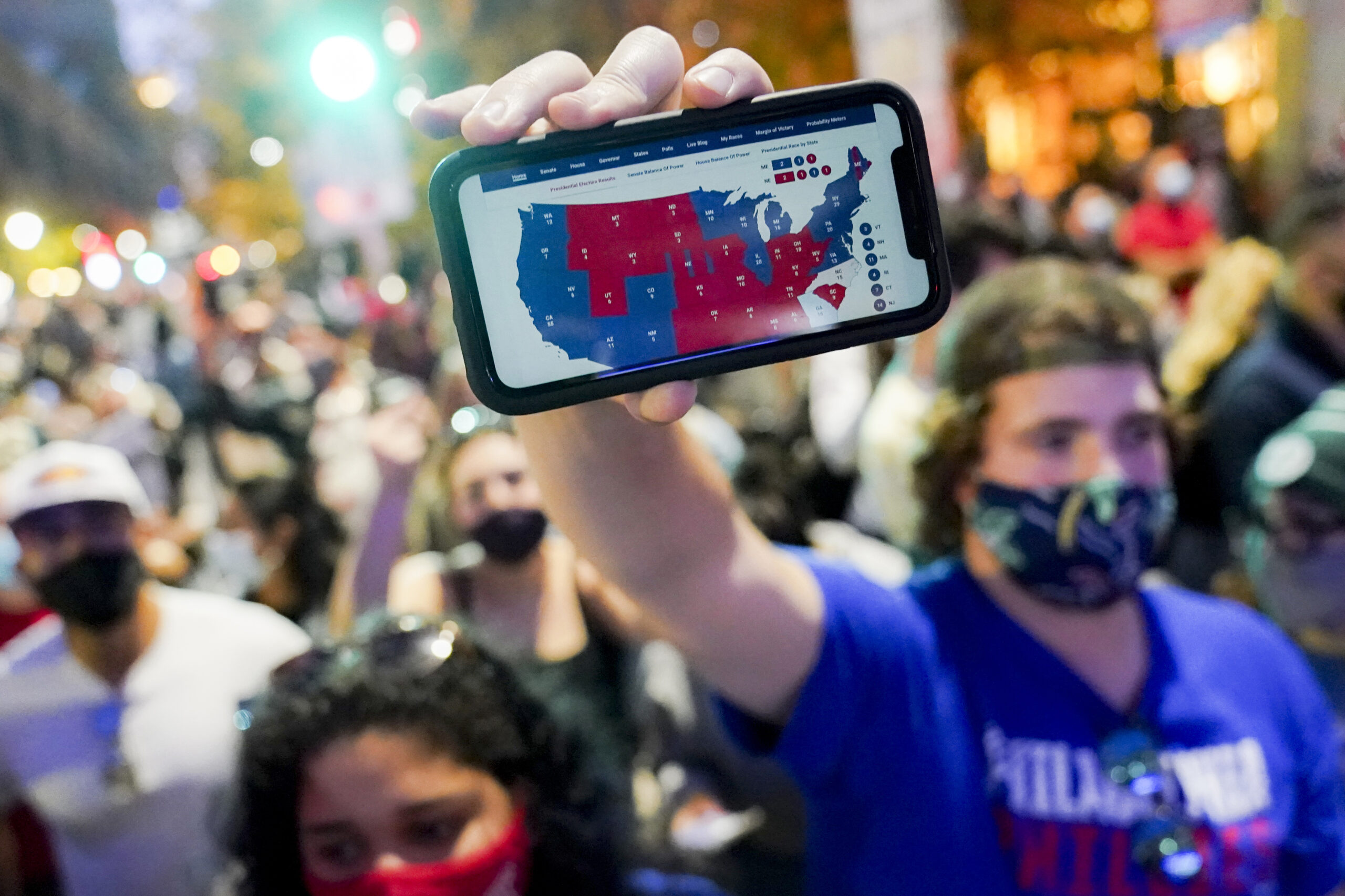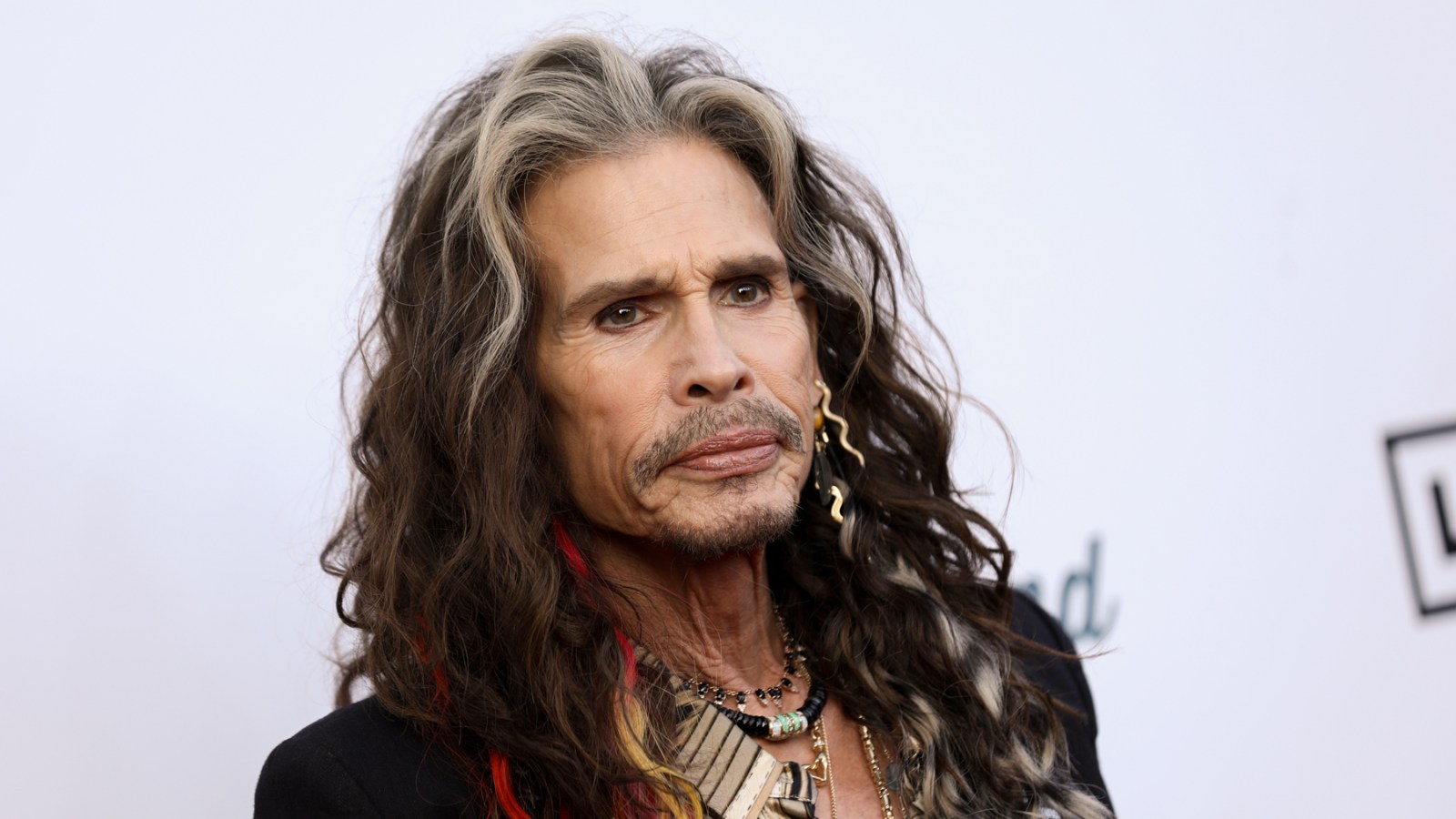
The ongoing challenges presented by the Centers for Disease Control and Prevention (CDC) have become a significant hurdle for Secretary Robert F. Kennedy Jr.. As he navigates his role, the issues surrounding the CDC’s data collection practices continue to elicit resistance from various bureaucratic entities.
Kennedy’s appointment to this influential position comes at a time when public trust in health data is critical. The CDC has faced scrutiny regarding its data integrity and transparency, which has drawn concern from both public health officials and lawmakers. Specifically, there are allegations that the agency’s data collection methods have not kept pace with technological advancements, leading to potential inaccuracies in reporting.
Addressing Data Collection Concerns
The CDC’s longstanding issues with data collection have made it challenging for Kennedy to implement effective strategies in his role. According to an August 2023 report from the Government Accountability Office, many systems used by the CDC are outdated and not interoperable with newer technologies. This has created gaps in data accuracy and accessibility, which undermines the agency’s credibility.
Kennedy’s ability to foster collaboration between the CDC and state health departments is essential for addressing these concerns. As he works to build trust with both the public and health professionals, he must prioritize the modernization of data collection processes. By doing so, he can enhance the CDC’s role in effectively responding to public health emergencies.
Efforts to reform the CDC’s data practices will require significant investment, both in terms of funding and human resources. The agency’s budget, which for the fiscal year 2023 is approximately $12 billion, may need to be reassessed to accommodate necessary changes.
Building Trust Amidst Challenges
The path forward for Kennedy involves not only improving data systems but also rebuilding public confidence in the CDC. With health misinformation rampant, the public’s perception of the agency is crucial. A transparent approach to addressing these data issues could help mitigate skepticism and reinforce the CDC’s authority in public health matters.
While Kennedy faces these formidable challenges, his commitment to addressing the CDC’s data issues could ultimately define his tenure. As he engages with health officials and the public alike, the success of his initiatives will likely hinge on the agency’s ability to provide accurate, timely, and accessible health data.
In summary, Robert F. Kennedy Jr. must confront the CDC’s data collection problems head-on to reduce bureaucratic resistance and restore confidence in the agency’s operations. The coming months will be pivotal as he seeks to implement necessary reforms and strengthen the nation’s public health infrastructure.







